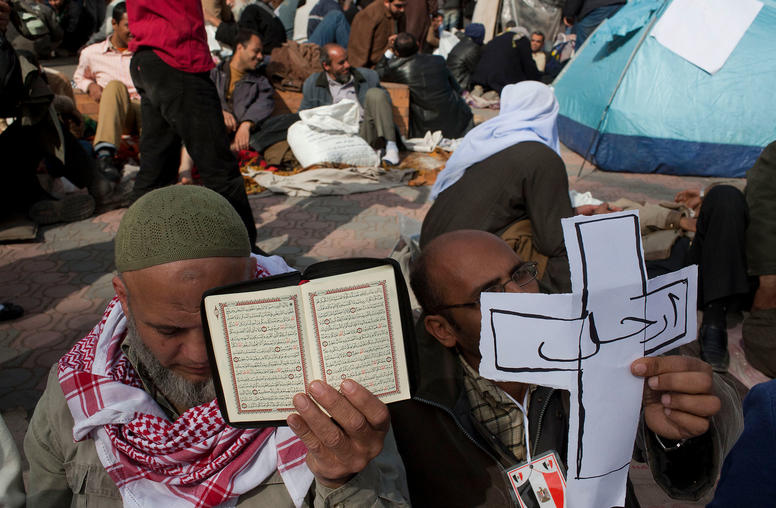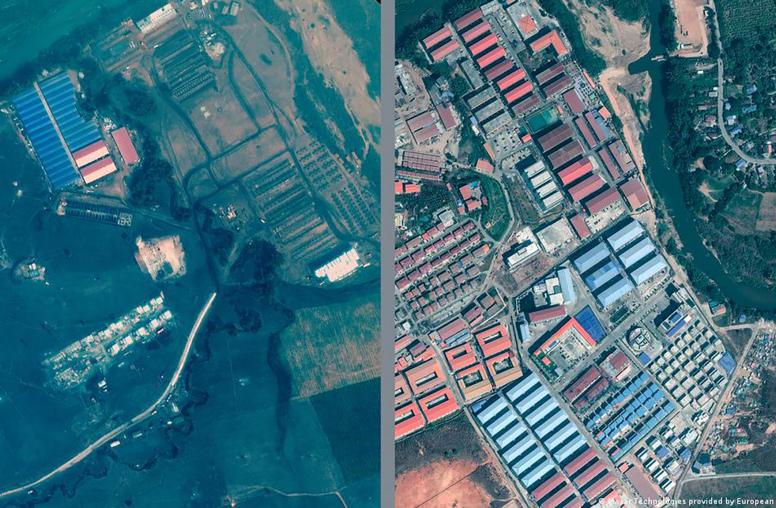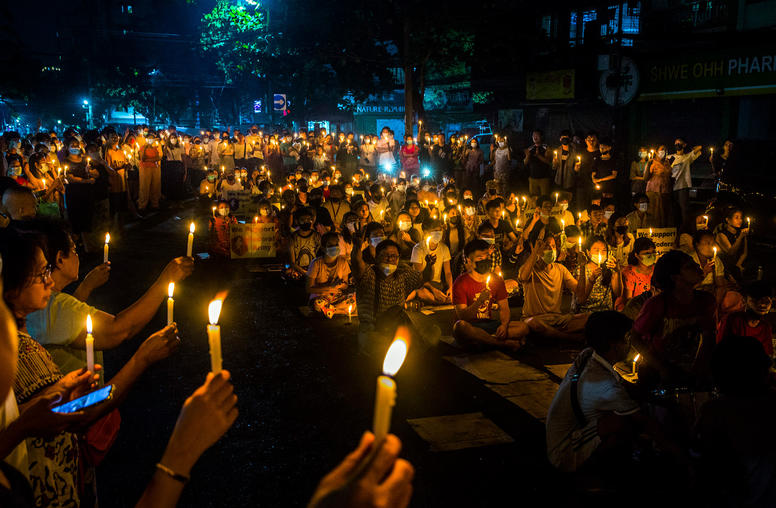 Burma
Burma
In February 2021, Burma erased 10 years of progress toward political reform after the military took power in a coup. Since the coup, the military has created an environment of constant chaos and terror, killing scores of protesters, and waging a war against the Burmese people, who refuse to be subjected once again to brutal military rule. Since 2012, the U.S. Institute of Peace has worked with communities in Burma to curb intercommunal tensions and violence and support stakeholders looking to end decades of civil war and oppression. In addition, USIP’s Burma program provides timely research and analysis on conflict dynamics in Burma for practitioners, policymakers and observers in Burma and abroad.
Learn more in USIP’s fact sheet on The Current Situation in Burma.
Featured Publications

Myanmar’s Resistance Is Making Major Advances
The resistance’s capture of the northern city of Lashio on August 3 marks a watershed moment in Myanmar’s conflict. After a month of fierce fighting, the Myanmar National Democratic Alliance Army and allied resistance forces captured this crucial stronghold in northern Shan State, dealing a severe blow to the beleaguered junta. This represents more than just the loss of a major city. It is the first time that a military regional command has been captured by resistance forces.

Six Lessons for Addressing Myanmar’s Mental Health Crisis
There is a growing mental health crisis in Myanmar — one fueled by the junta’s violent atrocities against the population and a humanitarian crisis that has displaced an estimated 3.1 million people.

As Myanmar’s Junta Loses Control in the North, China’s Influence Grows
Earlier this year, China brokered talks between Myanmar’s military and an alliance of ethnic armed organizations (EAOs) that handed the army its worst defeat in history. The negotiations’ goal was to restore overland trade — interrupted by fighting — between China’s Yunnan Province and Myanmar. To China’s frustration, the talks collapsed in mid-May, and in late June the alliance reopened its anti-junta offensive.
Current Projects

Religion and Nonviolent Action
Since 2020, USIP’s programs on religion and inclusive societies and nonviolent action have been conducting research to better understand the role of religion in nonviolent action campaigns. Many of the most prominent activists and nonviolent movements in history have drawn on religion as they worked to build peace and advance justice. Historical figures such as Martin Luther King Jr. and Mahatma Gandhi often come to mind. But religious leaders, beliefs, symbols and practices have featured just as prominently in more recent nonviolent campaigns, including the Arab Uprisings, the Spring Revolution in Myanmar and Hong Kong’s Umbrella Movement.

Transnational Organized Crime in Southeast Asia
Over the past decade, Southeast Asia has become a major breeding ground for transnational criminal networks emanating from China. USIP assembled a senior study group to assess one of the most pernicious aspects of such criminality: rapidly spreading, industrial-scale scam compounds that rely on forced labor lured from around the world. The senior study group convened four meetings to share research and information on the trends, dimensions and character of the criminal networks operating the scam compounds and developed recommendations for countering their malign effects.

Religious and Psychosocial Support for Displaced Trauma Survivors
Since spring 2021, USIP has been identifying best practices in psychosocial support to better facilitate collaboration and cooperation between religious actors and mental health professionals who provide services to conflict-affected communities, including trauma-affected displaced persons. This thematic area of work focused initially on Latin America as a pilot region and has since expanded to the Asia and European contexts — offering practical and evidence-based recommendations to relevant stakeholders.